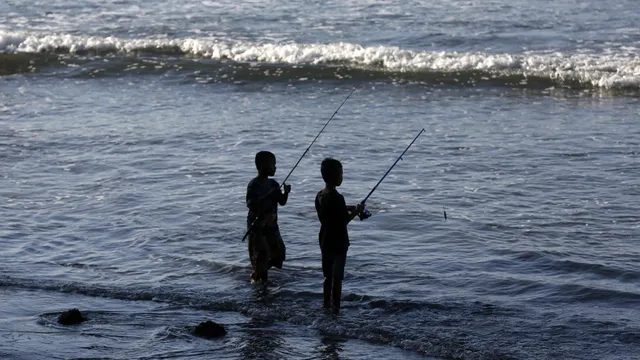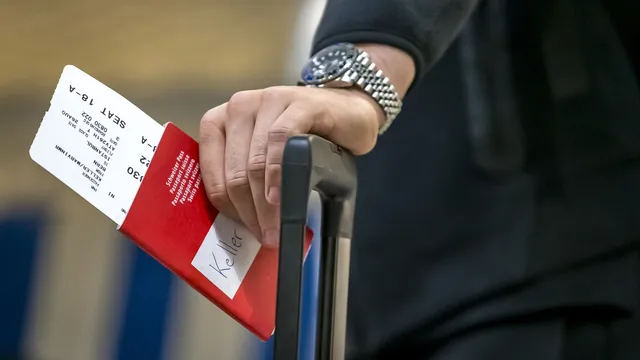At first glance, the world today seems like a place where selfishness is rewarded – personal interests are often put before public ones, and individualism is particularly prevalent in Western cultures. But science suggests that people are actually “hardwired” to be altruistic.
Psychologist Steve Taylor of Leeds Beckett University notes that despite popular ideas about “selfish genes” and survival through competition, new research shows that spontaneous kindness comes naturally to us. The so-called “bystander effect” – according to which people do not react in crises when there are other witnesses – turns out to be more of a myth based on a misinterpreted story from the 1960s. Real-life surveillance camera data shows that people are more likely to intervene, especially when they are in a group.
Those awarded for heroism describe their actions as intuitive rather than deliberate – evidence that altruism is often an automatic reflex. In situations like the Manchester, Paris and 9/11 attacks, there are hundreds of acts of self-sacrifice and solidarity. Taylor argues that humans have survived as a species not through individualism but through cooperation.
Even babies as young as 18 months show spontaneous helping, studies show. According to Dr. Ching-Yu Huang, who studies child psychology in Taiwan and the UK, children are naturally inclined to empathize and cooperate – even without reward.
Altruism also has health benefits. Volunteering is associated with better mental health, lower blood pressure and even a lower risk of death. Studies of people who donate a kidney to a stranger show that they have more active amygdala – the part of the brain responsible for empathy.
But Tony Milligan, a philosopher at King’s College London, warns against setting unrealistic moral ideals. Most people are “morally mediocre” – we are not the Buddhas and Mandela’s of the world, and that is perfectly normal. Instead of comparing ourselves to heroic figures, it is better to modestly develop our ability to help – step by step.
Culture also plays a role. In collectivist societies like Taiwan, caring for others is the norm, and selfishness is condemned. In individualistic societies like the US or the UK, personal boundaries and self-expression are more accepted. Huang shares her personal experience with this difference and emphasizes that sometimes “you have to be a tiger woman” to survive – especially professionally.
Ultimately: helping others is natural, beneficial and even life-saving. But that does not mean you should neglect yourself. The real balance lies in being aware of our own limits and capabilities – and in the ability to be kind to both others and ourselves. | BGNES

 Breaking news
Breaking news
 Europe
Europe
 Bulgaria
Bulgaria







